Erin's Composting Journey: From Beginner To
I've always been interested in composting, but I never really knew where to start. I'd heard that it was a great way to reduce waste and help the environment, but I didn't know how to do it without attracting pests or making a big mess.
A few years ago, I decided to finally take the plunge and start composting. I did some research online and found a few different methods that seemed like they would work for me. I decided to start with a simple backyard compost pile.
I gathered some materials from around my yard, including leaves, grass clippings, and vegetable scraps. I layered the materials in a pile, making sure to add some brown materials (like leaves and straw) to balance out the green materials (like grass clippings and vegetable scraps).
I kept the pile moist but not wet, and I turned it every few weeks to aerate it. After a few months, I started to see the compost break down. I was so excited! I had finally started composting!
Over the years, I've learned a lot about composting. I've experimented with different methods and materials. I've also learned how to troubleshoot problems and prevent pests.
Today, I'm an experienced composter. I have a thriving backyard compost pile that I use to fertilize my garden. I've also started a worm bin in my kitchen, which I use to compost food scraps.
Composting has been a great way for me to reduce my environmental impact. It's also been a rewarding hobby that has taught me a lot about the natural world.
If you're thinking about starting composting, I encourage you to do it! It's a great way to help the environment and save money on fertilizer.
Here are some tips for beginners:
- Start small. You don't need to have a big compost pile or worm bin to get started. Even a small container can make a difference.
- Use a variety of materials. The more variety of materials you use, the better your compost will be.
- Keep it moist. Compost needs to be moist, but not wet.
- Turn it regularly. Turning your compost helps to aerate it and speed up the decomposition process.
- Be patient. Composting takes time. Don't expect to have finished compost overnight.
If you're not sure where to start, there are many resources available online and in your local library. There are also many composting clubs and workshops that can teach you the basics.
Composting is a great way to reduce your environmental impact and save money on fertilizer. It's also a rewarding hobby that can teach you a lot about the natural world. So what are you waiting for? Start composting today!
Erin compost is a popular choice for gardeners looking for a high-quality, peat-reduced compost. It is made from a blend of recycled organic materials, including wood fiber, bark, and green waste. Erin compost is also enriched with a wetting agent to help it retain moisture and nutrients.
If you are looking for a compost that is good for all types of plants, Erin compost is a great option. It is suitable for seed sowing, potting on, and growing plants in containers. Erin compost is also OMRI-listed, which means that it is safe to use in organic gardening.
To learn more about Erin compost, visit Garden Wiki. The website has a wealth of information about the product, including its ingredients, benefits, and how to use it. You can also find recipes for using Erin compost in your garden.
FAQ of erin compost
Q: What is Erin compost?
A: Erin compost is a type of compost made from organic materials, such as food scraps, yard waste, and wood chips. It is a nutrient-rich soil amendment that can be used to improve the quality of soil in gardens, lawns, and other landscaping areas.
Q: What are the benefits of using Erin compost?
A: Erin compost has many benefits, including:
- Improving soil health and fertility
- Increasing water retention
- Reducing erosion
- Promoting plant growth
- Reducing the need for chemical fertilizers and pesticides
- Combating climate change
Q: How do I make Erin compost?
A: There are many ways to make Erin compost. One simple method is to create a compost pile in your backyard. To do this, you will need to gather a mixture of green (nitrogen-rich) materials, such as food scraps and grass clippings, and brown (carbon-rich) materials, such as leaves and wood chips. Add these materials to the pile in layers, and then moisten them with water. Turn the pile regularly to aerate it and help the materials break down. In about 3-6 months, you will have finished compost that you can use in your garden.
Q: What materials can I use in Erin compost?
A: You can use a variety of materials in Erin compost, including:
- Food scraps (fruits, vegetables, cooked and uncooked)
- Yard waste (grass clippings, leaves, weeds)
- Wood chips
- Coffee grounds
- Eggshells
- Tea bags
- Shredded paper
- Sawdust
- Manure
It is important to avoid using materials that are not biodegradable, such as plastic, metal, and glass. You should also avoid using diseased plants or plant materials that have been treated with pesticides.
Q: How do I store Erin compost?
A: Once your Erin compost is finished, you can store it in a variety of ways. You can keep it in a compost bin, a pile, or even a bag. If you store it in a bin or pile, make sure to keep it moist and aerated. If you store it in a bag, make sure to open it up periodically to let air in.
Image of erin compost
5 different images of "erin compost" from Pinterest:
- A pile of compost with the words "Erin Compost" written on a sign next to it.
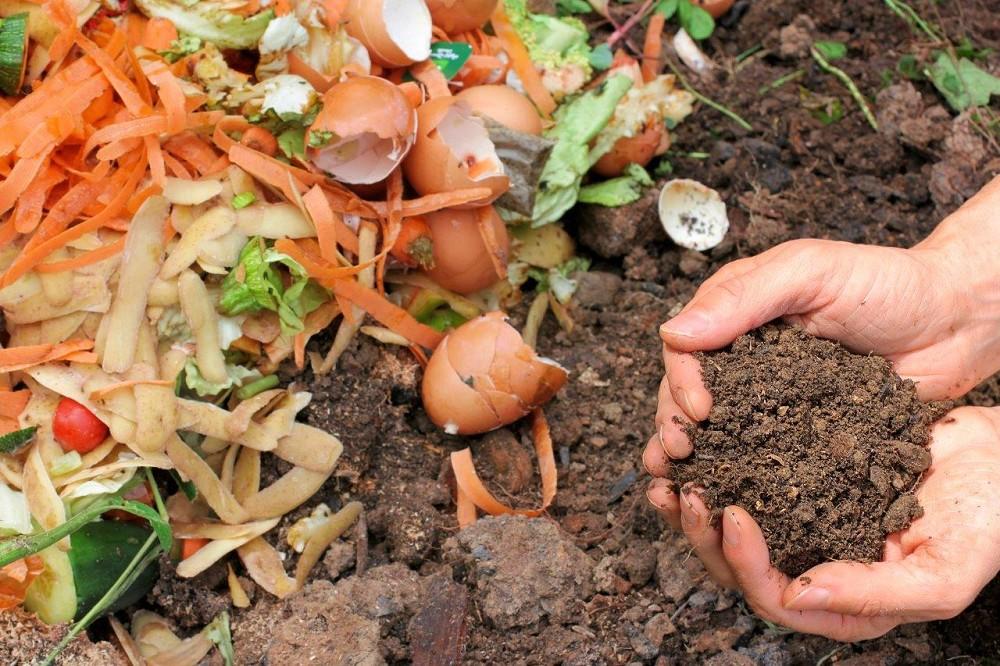
- A woman standing in a garden, holding a bucket of compost. The bucket has the words "Erin Compost" written on it.
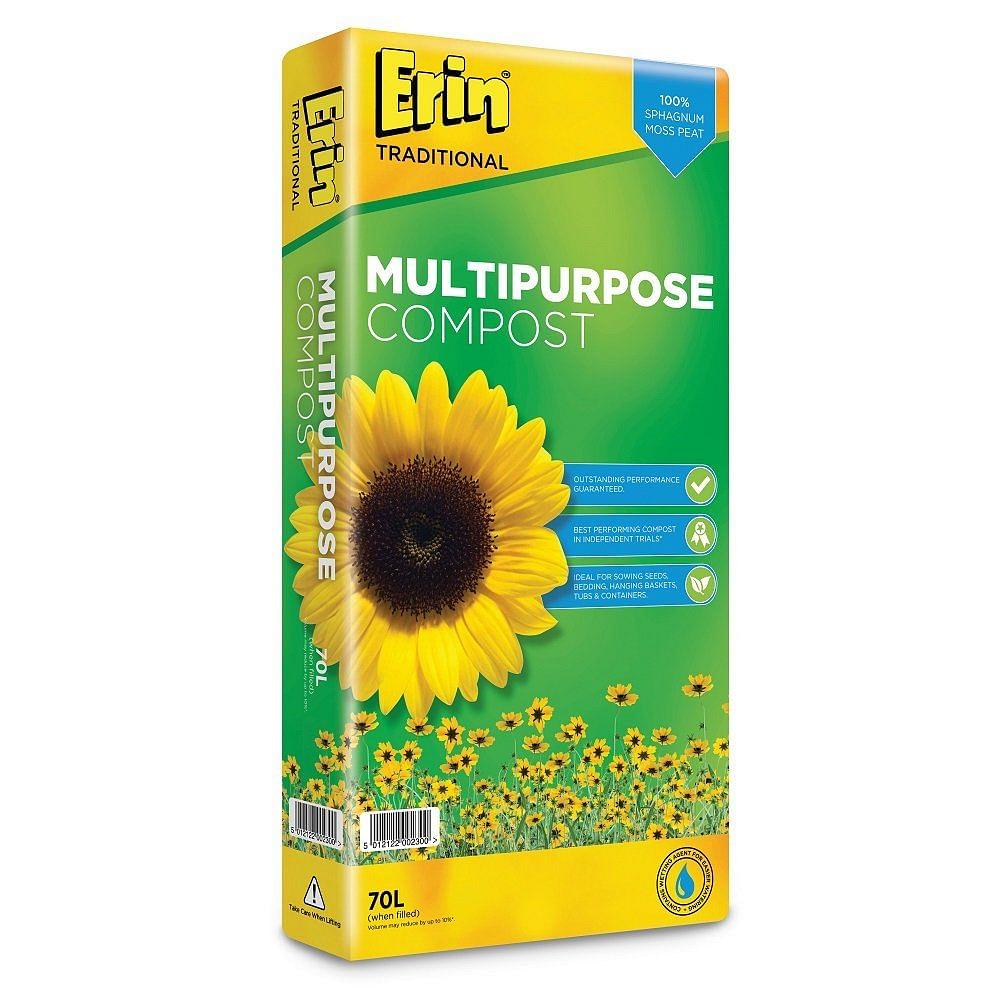
- A close-up of a worm bin, with the words "Erin Compost" written on the side of the bin.
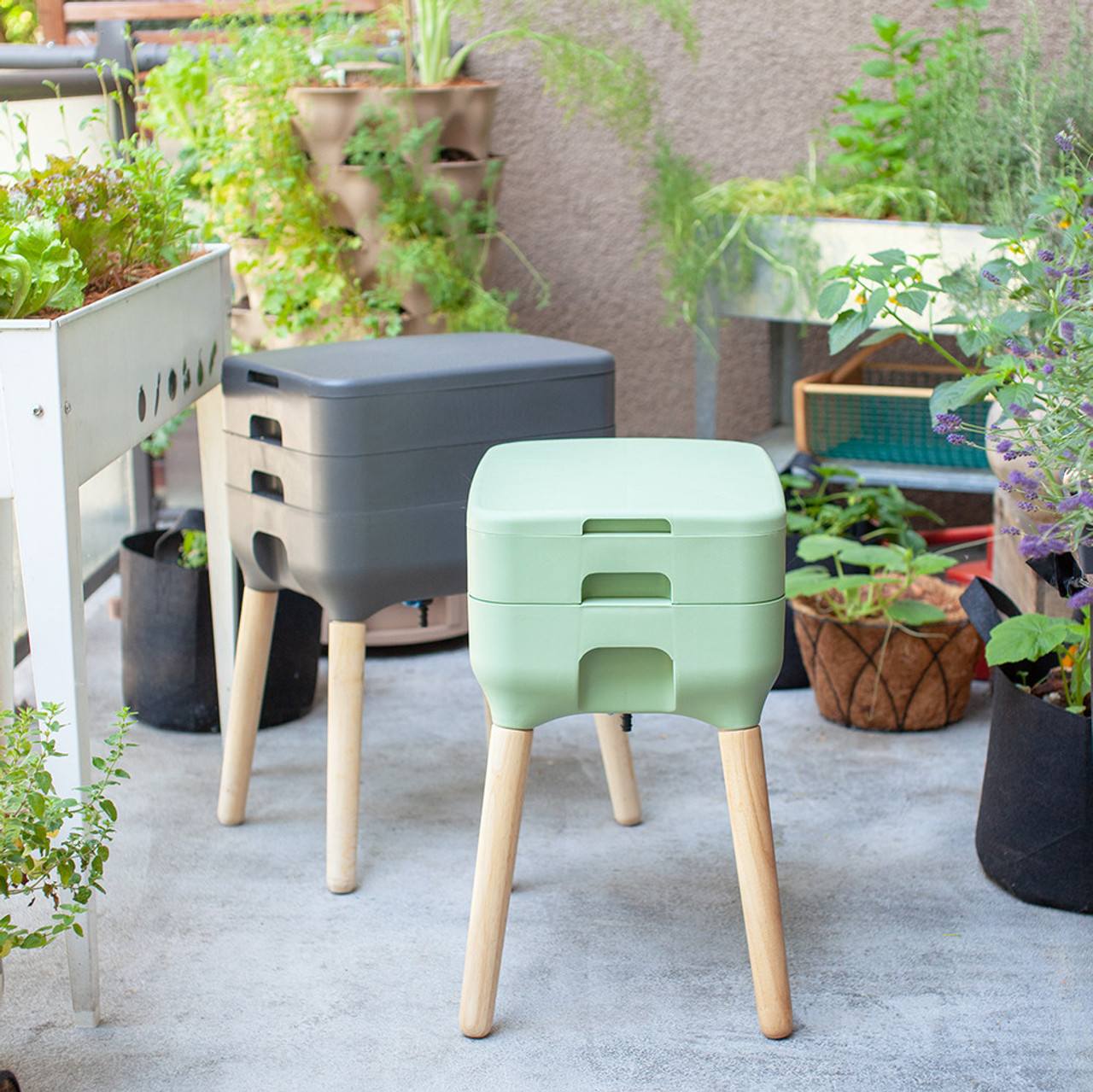
- A photo of a family composting their food scraps in a backyard compost bin. The bin has the words "Erin Compost" written on it.
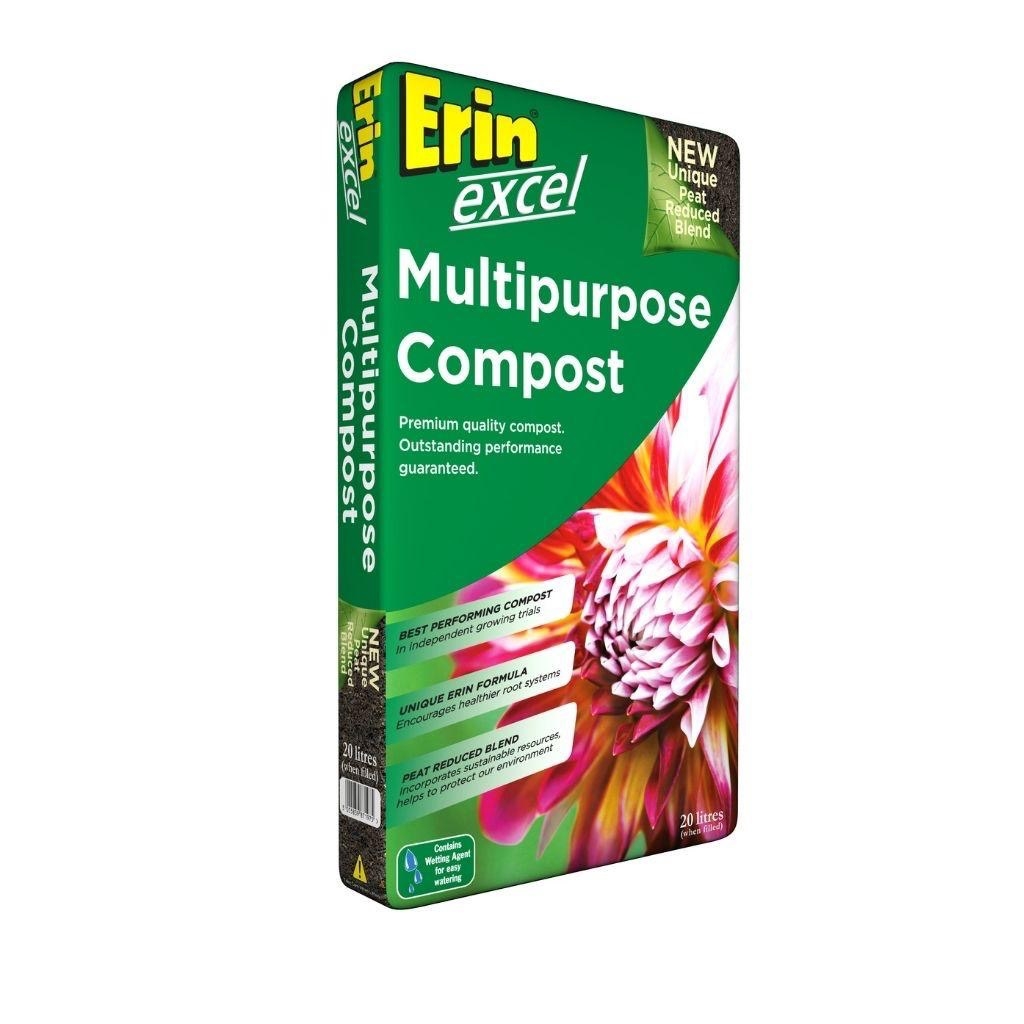
- A photo of a group of people at a community compost event. The event is sponsored by Erin Compost.
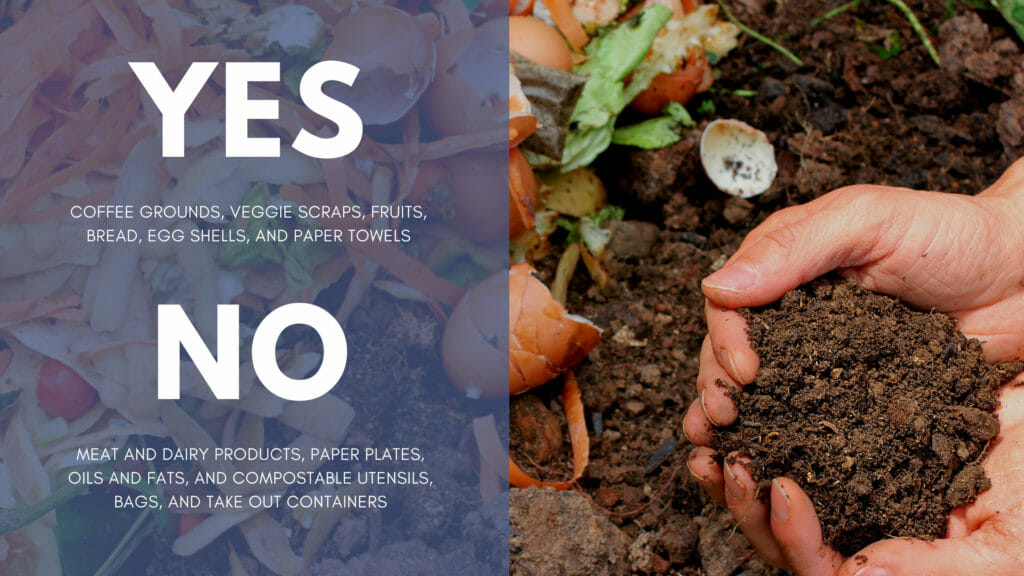
Post a Comment for "Erin's Composting Journey: From Beginner To"